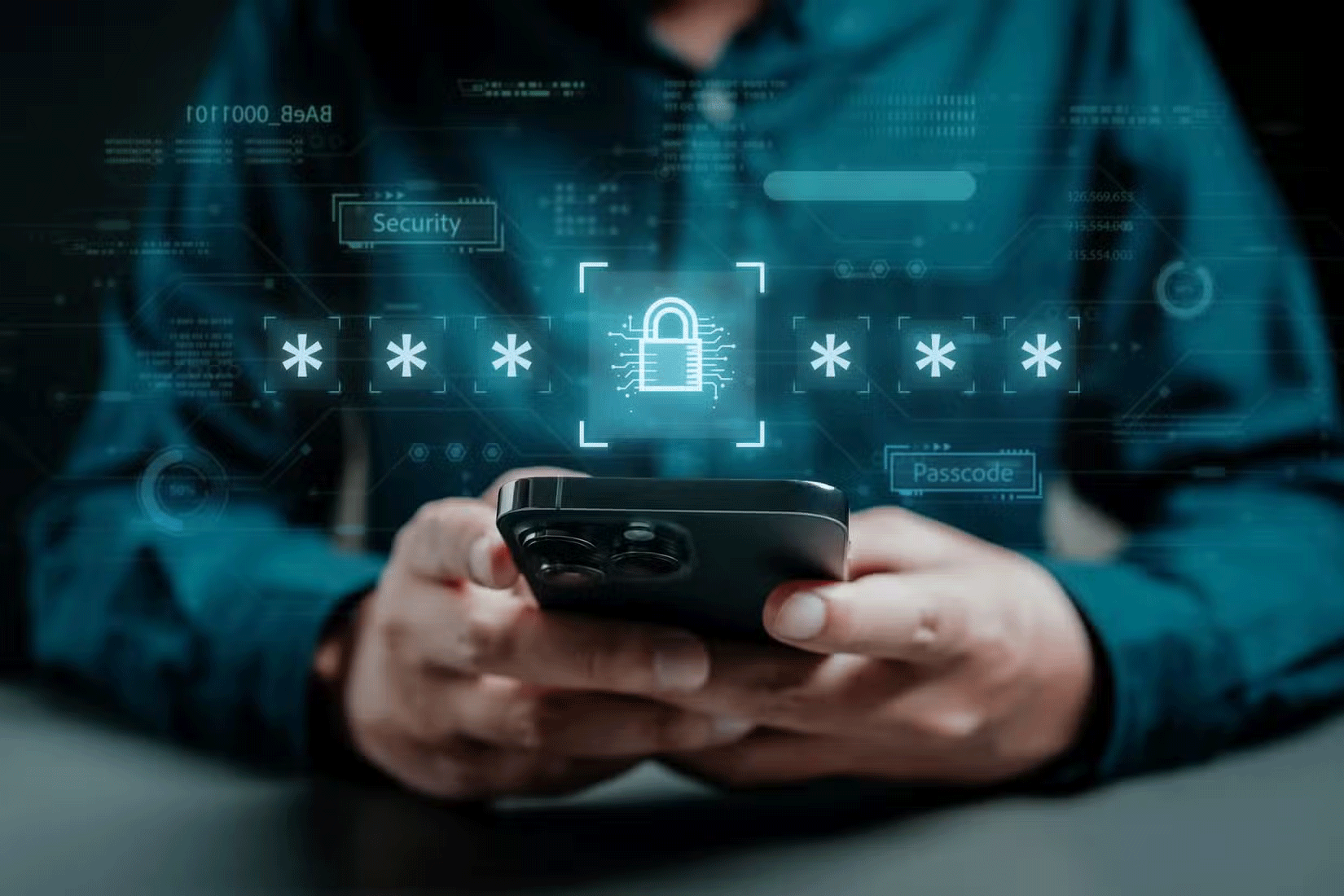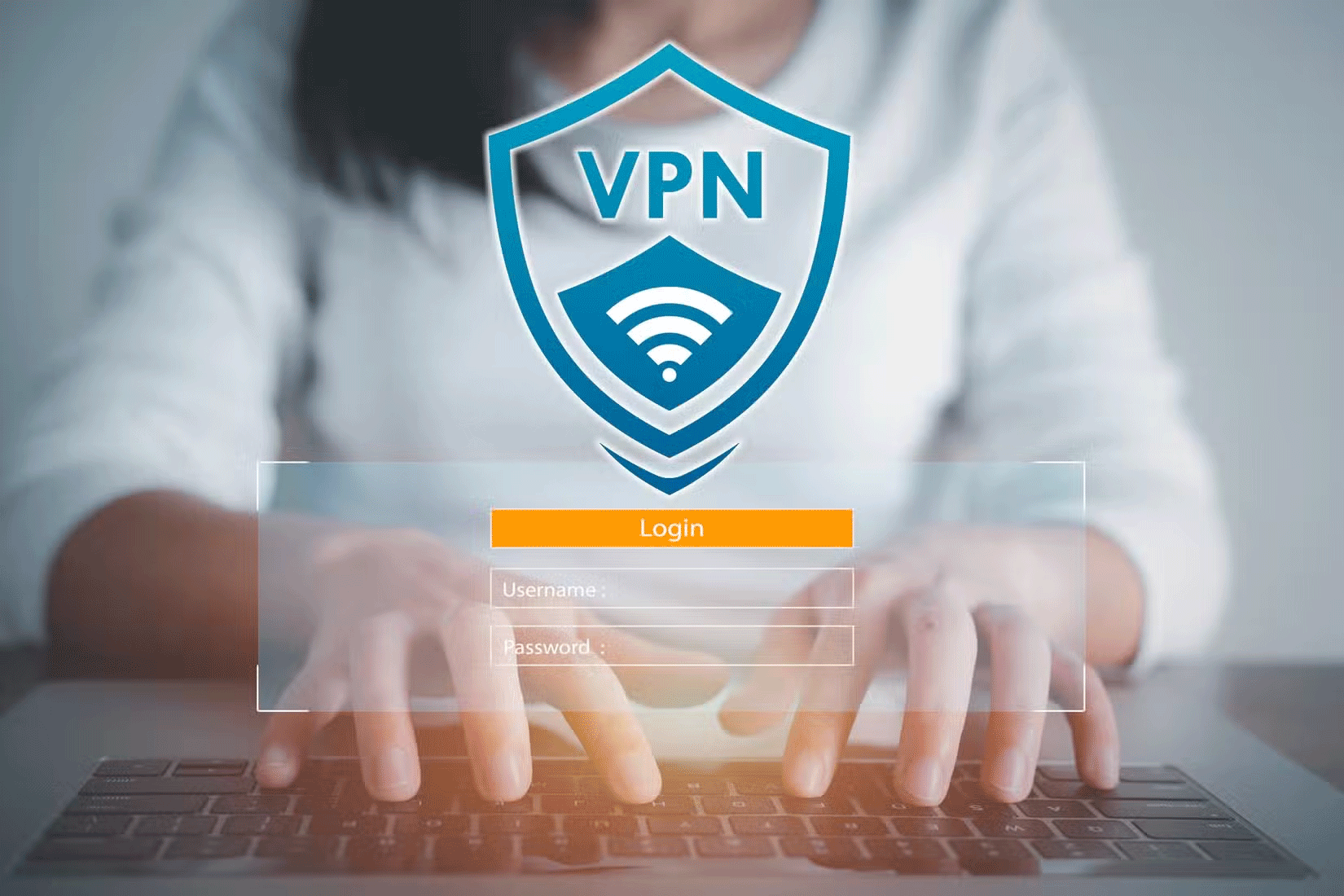What information can your ISP see when you turn on a VPN?
But what exactly does your ISP see after you turn on your VPN?
What data does an ISP typically see?

When you're not using a VPN, your ISP will be able to see your online activities through your IP address. They see the websites you visit, meaning they know the URLs you type and the domains you visit. For example, if you visit a recipe website, your ISP can track whether you visited that site, along with the specific pages you viewed, such as chocolate chip cookie recipes. Since your real IP address is exposed, they can link all of this browsing activity directly to you.
Additionally, ISPs can track how much data you are transmitting. This means they can see how much time you spend streaming videos, browsing social media or downloading files, and what apps you are using for that purpose. This is why people get warnings about downloading illegal movies – your ISP can see what files you are downloading.
What does your Internet Service Provider see when you use a VPN?

Once you turn on a VPN, your ISP's view of your online activity becomes much more obscure. The first and most important change is that your Internet traffic is encrypted and your real IP address is hidden behind the VPN address. This means that your data is scrambled so that even if your Internet Service Provider can see what you're sending or receiving, they can't read it.
However, they are not completely blind. They can still tell you are using a VPN because they will see that your traffic is going to the VPN server instead of going directly to the website. They also know the IP address of the VPN server you are connecting to and can still measure how much data you are transmitting. But they cannot see where you are going online or what you are doing there.
Is there anything to worry about?
So, should you worry about what your ISP can still see when you use a VPN? Not necessarily. While your ISP knows you're connected to a VPN and can monitor your data usage and connection time, they can't access the most important details—your personal data or the content of your online activity.
For most people, this level of privacy is more than enough to ensure online safety. However, there are some things to keep in mind. If your ISP knows you're using a VPN, there's a chance it will throttle or block it, especially if they want to control access to certain content.
It's also important to choose a VPN provider. Not all VPNs are created equal; some may log your activity. It's best to use a reputable VPN service that prioritizes privacy and has a clear no-logs policy, like ExpressVPN, NordVPN, or Mullvad. That way, even if your ISP sees you're connected, they won't have any data to share about what you're doing.